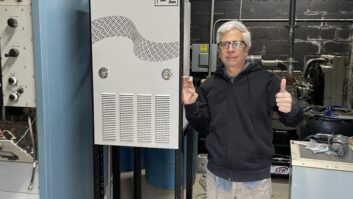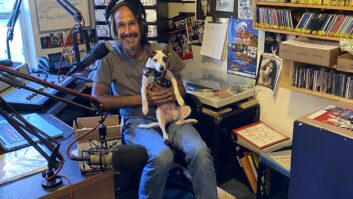It had been rumored for several weeks that Jonathan Adelstein would leave his commission seat on the Federal Communications Commission to hop over to the Agriculture Department to oversee rural broadband development. The president has now nominated him for that post.
Word here in D.C., though, is that Adelstein is unlikely to leave the commission for several weeks because his departure would leave the agency without a quorum. The FCC normally has five commissioners. Right now it has three: Acting Chairman Michael Copps, a Democrat; fellow Dem Jonathan Adelstein; and Robert McDowell, a Republican. Meanwhile, the office of Senate Commerce Chairman Jay Rockefeller, D-W.V., tells us the nomination of Julius Genachowski as FCC chairman has officially arrived in the Senate, but no confirmation hearing has yet been scheduled.
Since he came to the commission in 2002, Adelstein has taken an interest in technical subjects like broadband and been a vocal agitator against relaxation of ownership rules, railing against so-called “payola” and pushing for 24/7 station staffing. He also pushed for the agency to look into complaints about the Arbitron PPM.
But I’ll remember him for his interest in radio and IBOC in particular. We’ve talked about radio in general as well as developments in satellite radio and HD Radio. When WHUR(FM) turned on its IBOC signal in 2004 and was the first commercial FM in the District to do so, Adelstein was present. He was there again that year when WAMU(FM) signed on its first multicast channel. (Though WETA was an iBiquity test station, WAMU was the first noncom in Washington to “officially” go digital in 2004, meaning it was on the air in digital and had signed the iBiquity license, while WHUR was the first commercial FM in town to go IBOC.)
Typically commissioners browse at the NAB Show and CES, peeking at new HD Radio gear; but Adelstein took the extra step of actually going to some stations to help note their transitions.












